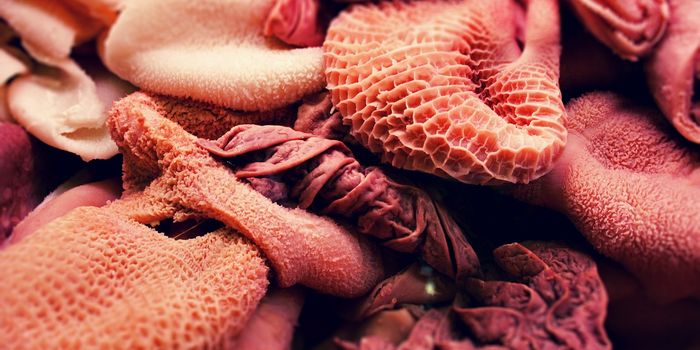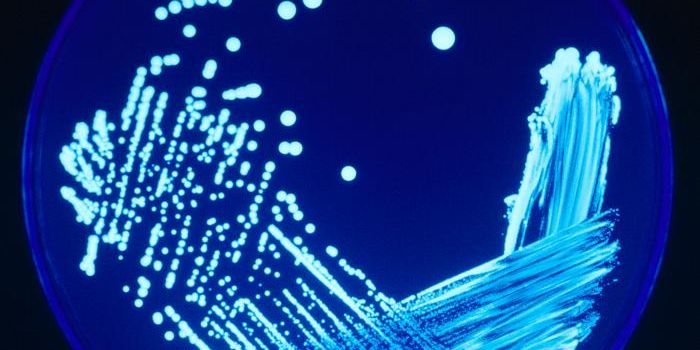Why Are Some Cancer Therapeutics Ineffective?
Why don’t some cancer therapeutics not work in humans when they were successful in mice?
The answer to this question was explored by researchers at The University of Texas Health Science Center at Houston (UTHealth) School of Biomedical Informatics and McGovern Medical School. The study investigated the presence of mouse viruses in patient-derived xenografts (PDX).
PDX models are the result of implanting human tumor tissues in immune-deficient model systems, in that case are mice, and are utilized to help test and develop cancer drugs.
Learn more about PDX:
"What we found is that when you put a human tumor in a mouse, that tumor is not the same as the tumor that was in the cancer patient," said W. Jim Zheng, PhD, professor at the School of Biomedical Informatics and senior author on the study. "The majority of tumors we tested were compromised by mouse viruses."
Findings were published today in Nature Communications and describes a data-driven approach that based the analysis of 184 data sets generated from the sequencing of PDX samples. Of those 184 samples, 170 were positive of mouse viruses.
"When scientists are looking for a way to kill a tumor using the PDX model, they assume the tumor in the mouse is the same as cancer patients, but they are not. It makes the results of a cancer drug look promising when you think the medication kills the tumor -- but in reality, it will not work in human trial, as the medication kills the virus-compromised tumor in mouse," Zheng said.
"We all share the common goal of hoping to find a cure for cancer. There are 210 ongoing NIH-funded projects relevant to PDX models, with a combined annual fiscal year budget of over $116 million. We need to tighten up quality control and use models that are not compromised so that the treatments we give to future patients are effective," Zheng said.
"As a team, we synergized the strengths of McGovern Medical School's virology research and School of Biomedical Informatics' data analysis expertise, and it has led to the success of this project," said Zhiqiang An, PhD, co-senior author of the study, professor and Robert A. Welch Distinguished University Chair in Chemistry at McGovern Medical School.
Source: Science Daily










